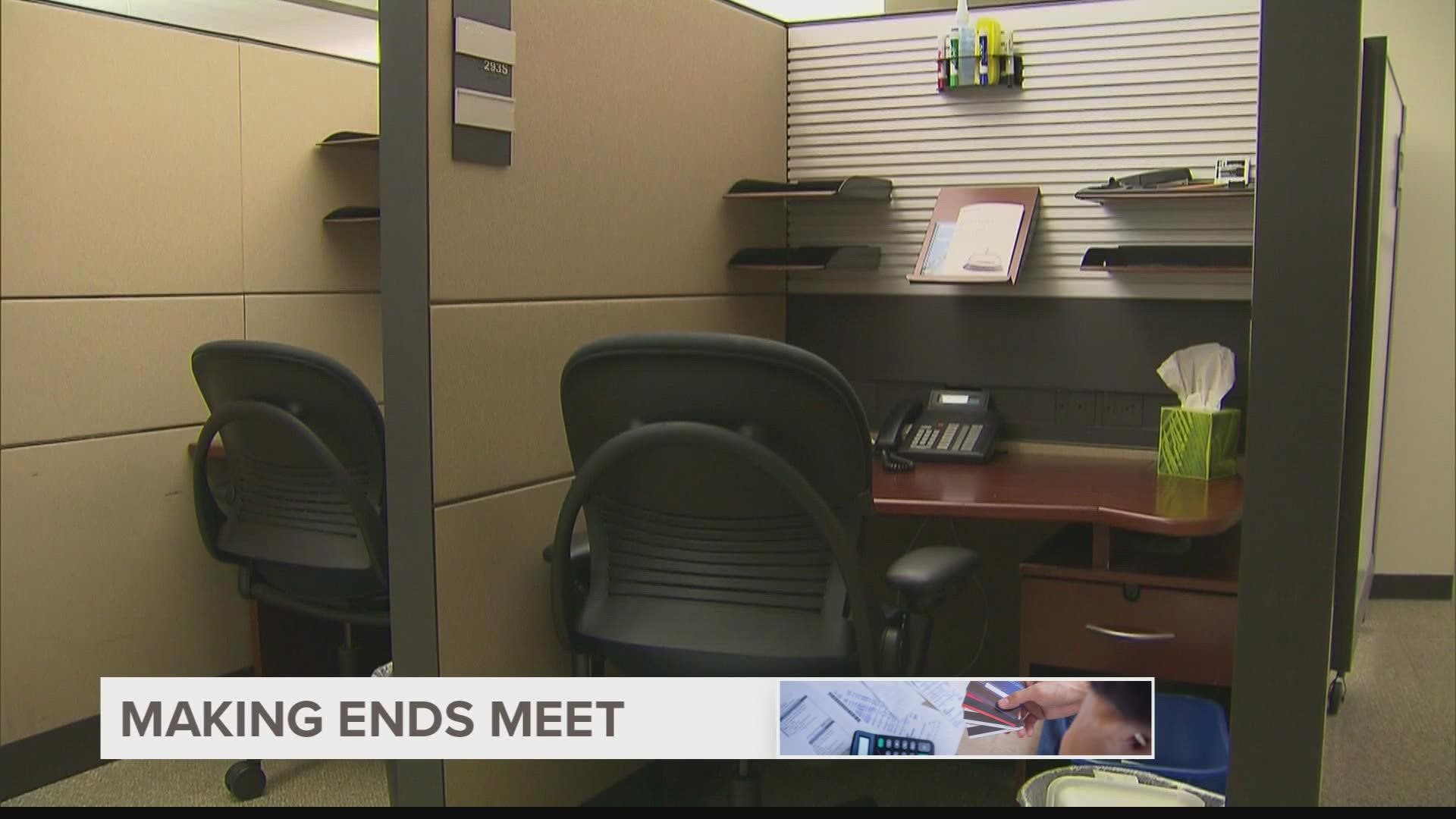SAINT LOUIS, Mo. — It can be hard to make ends meet these days with an ever-changing economy. We've been living in a great resignation for two years, though now we're starting to see more layoffs in the finance and tech sectors.
It's still hard for people to make a move back to the office if they have young children who are not quite vaccinated or are taking care of aging parents in the pandemic. After two years of working from home, some people have decided they just don't want to go back to the office.
"By and large, the trend is back to come into the office," said Jay Kanzler, employment law attorney. "Perform your work the way we did it pre-COVID."
That may be the case for employers, but many workers find themselves fighting to stay home.
Jonathan Dalecki works remotely for a shipping company, and he said he would just prefer to stay work-from-home fulltime. His 3-year-old daughter's preschool is five minutes from their house, he saves on commute time and gas money, and he has a lower chance of catching COVID.
His work held a return to the office party, only to regret it a few days later when employees started getting sick.
"There were five positive cases at the office for people who attended the 'Welcome Back Party’" Dalecki said.
Workers don't always get what they want.
Kanzler said most of the time, the law favors employers to allow them to do what works for their business.
"The boss has the right to say, 'This is how you're going to work. This is where you're going to work. This is when you're going to work,'" he said.
But Kanzler also notes that given the labor market right now, employees should be pushing back if they want to stay home.
"For a lot of companies, an employee working from home is better than no employee working at all," said Kanzler.
Meaning, some employees not only get what they want, but they also get what they need.
Dalecki said he was willing to walk off the job if he didn't get to work from home. He said he negotiated with his boss to let him stay remote for most of his week because the technology available showed that he was able to stay as productive as if he were in the office.
"There hadn't been any drop off in work rate," said Dalecki.
He was able to negotiate going into the office down to just one day a week.
It's a move a lot of workers are taking given the fact that data from groups like Global Workplace Analytics found that workers are just as productive in a remote or hybrid environment compared to an office.
Even remote workers self-reported they often found themselves working more than two extra hours each day from home. A drop in commute times, lunch breaks, or office gossip likely contributes to less wasted time in the office over more quality time at home.
"If you've got reasons why you feel working from home is what your quality of life needs, then just don't be afraid to ask," said Dalecki. "You know, you've only got one life. Jobs come and go."
Kanzler also said your employer is required to accommodate a medical need, though you may have to show some sort of documentation. Your boss also has a duty to accommodate general childcare needs.

